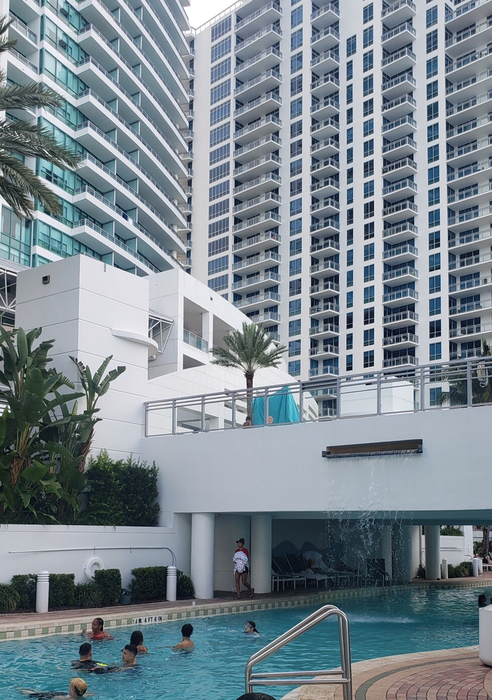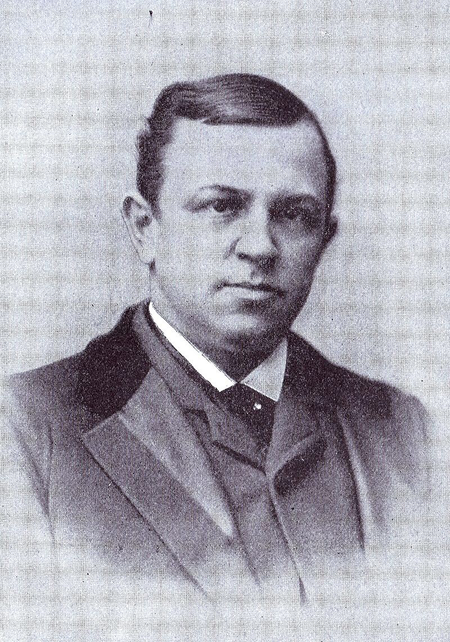 The Report from Miami The Report from Miami So a buddy of mine is in Miami. It’s a vacation of sorts. He’s sending me these photos of what he’s seeing as he’s relaxing with his wife under the south Florida sunshine. My thoughts are conflicted between the desire to sit and relax under a palm with a cool drink while taking in the sea breeze and the knowledge of what that place was like before Julia Tuttle sent Henry Flagler that box of orange blossoms. It’s that conflict that leads to the assertions about the “real Florida,” the “real Georgia,” and the “real South.” The misery experienced through the eyes of Sol MacIvey as he leaves Miami forever in the opening of Patrick Smith’s epic A Land Remembered grips us and makes us woeful of the development that trashed an Eden-like place, scattered the noble previous inhabitants and threatened the vitality of the Everglades. But we also see an adaptation that allows people to relax and enjoy themselves. We see people who use this opportunity to provide a living for themselves and their families. We see the conflict between nature and “progress.” What we have to discern is: what exactly is progress? William Faulkner famously said “They call it progress, but they don’t say where it’s going.” Previously, another prolific Southern writer championed the concept of the “New South.” Henry Grady gave speeches throughout the land that heralded a progressive future in the South. When we see the results of this vision, the question arises: did we do the right thing? “They call it progress but they don’t say where it is going.” - William Faulkner  Henry Grady, the Spokesman of the New South Henry Grady, the Spokesman of the New South Progress has brought overcrowding, traffic gridlock, pollution, crime, taxes, a lack of affordable housing, and a vast destruction of natural resources. Southern culture has fallen under siege and is being subjugated by a new one brought by people who talk funny and are constantly spouting off about the way they do things where they came from. With all that in mind, we must consider the reality of progress. That requires us to define what progress really is. Progress can be a good thing. I might not be a fan of the bright lights and big city but I also don’t care to walk to a privy in the rain just to finish the trek with a corncob. Electricity, indoor plumbing, and air conditioning are all ok with me. We also love some of Grady’s points: locally and regionally sourced goods benefit our economy and way of life, for example. It is also true that nothing lasts forever. We can’t reasonably preserve everything. Time marches on and it carries us with it. But we aren’t helpless. We have options. We need to address progress by setting standards and asking questions. Progress should provide more than it takes. Progress should not be merely economic. Does it improve or hinder our culture? Does it improve or hinder our environment? Does it really improve our economy or does it vacuum our wealth to some other locations? (Think Walmart) Does it address Faulkner’s concerns? Where is it going? If it costs us our culture, costs us our environment, costs us our souls, it’s not progress. That, my friends, is poison. We must resent and resist efforts to poison our land. We must use wisdom to determine what is true progress and what is just modernity taking us for a ride.
0 Comments
Leave a Reply. |
Sam B.Historian, self-proclaimed gentleman, agrarian-at-heart, & curator extraordinaire Social MediaCategories
All
Archives
November 2022
|





 RSS Feed
RSS Feed
